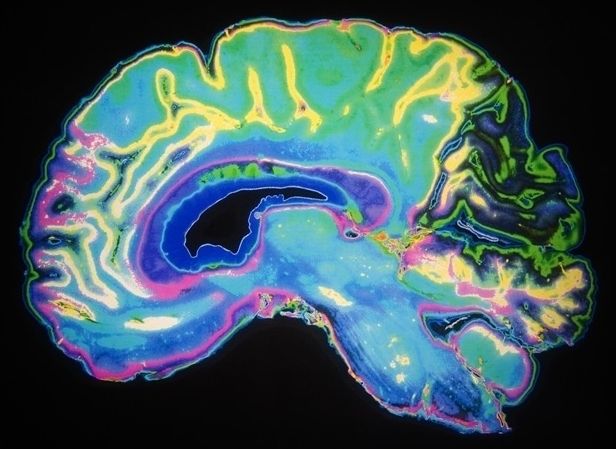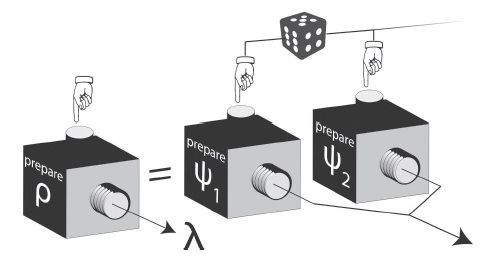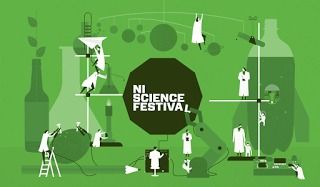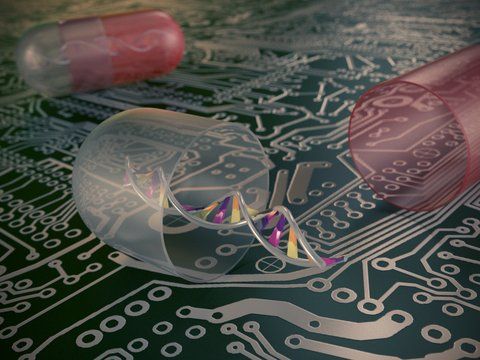
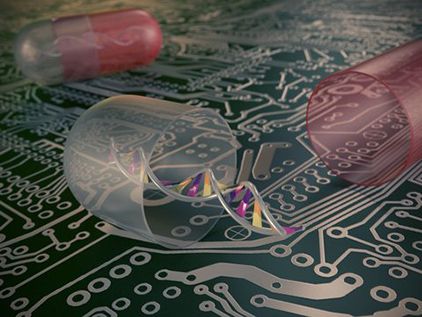 Researchers at the University of Eindhoven in the Netherlands have developed a DNA computer that can respond to the presence of specific antibodies and make calculations, with the potential for intelligent drug delivery in the future. DNA computing involves using DNA molecules and other molecular biological components as molecular circuitry, instead of traditional silicon-based circuitry in computer devices. The DNA sequence dictates which other DNA molecules a DNA strand can interact with, allowing researchers to program DNA circuitry.
Researchers at the University of Eindhoven in the Netherlands have developed a DNA computer that can respond to the presence of specific antibodies and make calculations, with the potential for intelligent drug delivery in the future. DNA computing involves using DNA molecules and other molecular biological components as molecular circuitry, instead of traditional silicon-based circuitry in computer devices. The DNA sequence dictates which other DNA molecules a DNA strand can interact with, allowing researchers to program DNA circuitry.
Scientists have been trying to use DNA computing as a method to detect biomarkers of disease in the body. Using this technique, a DNA computer could make calculations and perform a specific function, such as release a drug or activate an enzyme, in response to biological stimuli such as disease biomarkers.
So far, the inputs of DNA computers have been other DNA or RNA molecules, which has limited their usefulness as diagnostic or therapeutic systems. However, in this study, published in Nature Communications, scientists have developed a DNA computer that can respond to multiple antibody inputs and perform calculations to formulate an appropriate response. Antibodies are biomarkers in a variety of diseases, meaning that the new system has significant potential as an intelligent drug delivery system. The system translates the presence of an antibody into a DNA strand, that can then interact with other DNA strands in the molecular circuitry in calculating the appropriate response.
Continue reading “DNA Computer Can Sense Multiple Antibody Inputs, With Potential for Smart Drug Delivery” »
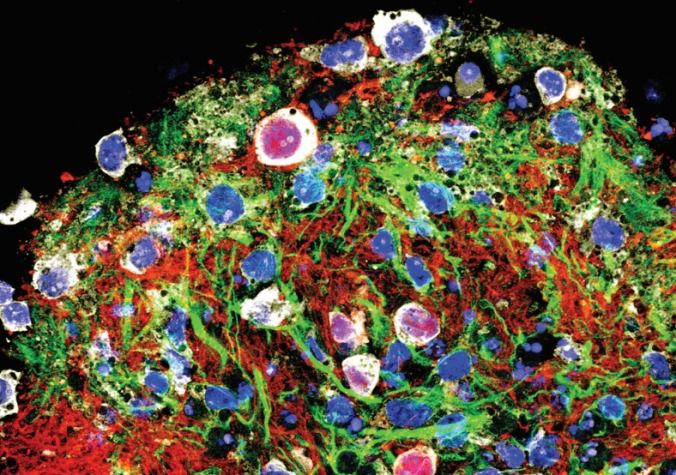

 Researchers at the University of Eindhoven in the Netherlands have developed a DNA computer that can respond to the presence of specific antibodies and make calculations, with the potential for intelligent drug delivery in the future. DNA computing involves using DNA molecules and other molecular biological components as molecular circuitry, instead of traditional silicon-based circuitry in computer devices. The DNA sequence dictates which other DNA molecules a DNA strand can interact with, allowing researchers to program DNA circuitry.
Researchers at the University of Eindhoven in the Netherlands have developed a DNA computer that can respond to the presence of specific antibodies and make calculations, with the potential for intelligent drug delivery in the future. DNA computing involves using DNA molecules and other molecular biological components as molecular circuitry, instead of traditional silicon-based circuitry in computer devices. The DNA sequence dictates which other DNA molecules a DNA strand can interact with, allowing researchers to program DNA circuitry.
